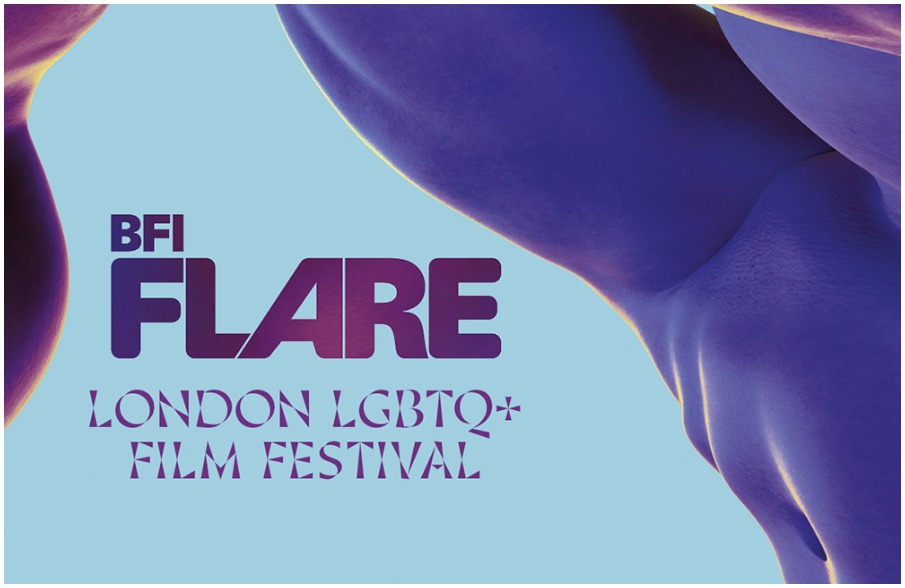“Greek Apricots”, interview with director Jan Krevatin
"Greek Apricots", a seemingly incompatible pair forming a bond during a night in a gas station
Listeners:
Top listeners:
 play_arrow
play_arrow
ENGLISH Channel 01 If English is your language, or a language you understand, THIS IS YOUR CHANNEL !
 play_arrow
play_arrow
ITALIAN Channel 02 Se l’italiano è la tua lingua, o una lingua che conosci, QUESTO È IL TUO CANALE!
 play_arrow
play_arrow
EXTRA Channel 03 FRED Film Radio channel used to broadcast press conferences, seminars, workshops, master classes, etc.
 play_arrow
play_arrow
GERMAN Channel 04 Wenn Ihre Sprache Deutsch ist, oder Sie diese Sprache verstehen, dann ist das IHR KANAL !
 play_arrow
play_arrow
POLISH Channel 05
 play_arrow
play_arrow
SPANISH Channel 06 Si tu idioma es el español, o es un idioma que conoces, ¡ESTE ES TU CANAL!
 play_arrow
play_arrow
FRENCH Channel 07 Si votre langue maternelle est le français, ou si vous le comprenez, VOICI VOTRE CHAINE !
 play_arrow
play_arrow
PORTUGUESE Channel 08
 play_arrow
play_arrow
ROMANIAN Channel 09 Dacă vorbiţi sau înţelegeţi limba română, ACESTA ESTE CANALUL DUMNEAVOASTRĂ!
 play_arrow
play_arrow
SLOVENIAN Channel 10
 play_arrow
play_arrow
ENTERTAINMENT Channel 11 FRED Film Radio Channel used to broadcast music and live shows from Film Festivals.
 play_arrow
play_arrow
BULGARIAN Channel 16 Ако българският е вашият роден език, или го разбирате, ТОВА Е ВАШИЯТ КАНАЛ !
 play_arrow
play_arrow
CROATIAN Channel 17 Ako je hrvatski tvoj jezik, ili ga jednostavno razumiješ, OVO JE TVOJ KANAL!
 play_arrow
play_arrow
LATVIAN Channel 18
 play_arrow
play_arrow
DANISH Channel 19
 play_arrow
play_arrow
HUNGARIAN Channel 20
 play_arrow
play_arrow
DUTCH Channel 21
 play_arrow
play_arrow
GREEK Channel 22
 play_arrow
play_arrow
CZECH Channel 23
 play_arrow
play_arrow
LITHUANIAN Channel 24
 play_arrow
play_arrow
SLOVAK Channel 25
 play_arrow
play_arrow
ICELANDIC Channel 26 Ef þú talar, eða skilur íslensku, er ÞETTA RÁSIN ÞÍN !
 play_arrow
play_arrow
INDUSTRY Channel 27 FRED Film Radio channel completely dedicated to industry professionals.
 play_arrow
play_arrow
EDUCATION Channel 28 FRED Film Radio channel completely dedicated to film literacy.
 play_arrow
play_arrow
SARDU Channel 29 Si su sardu est sa limba tua, custu est su canale chi ti deghet!
 play_arrow
play_arrow
“Conversation with” at the 20th Marrakech IFF, interview with actor Willem Dafoe Bénédicte Prot

PODCAST| Sarah Bradbury interviews Michael Blyth, senior BFI Flare programmer.
We sit down with the senior programmer of BFI Flare, Michael Blyth, who spoke to is about London’s LGBTQ+ film festival including the festival highlights, its reputation for providing a platform for the best in contemporary queer cinema and the importance of pushing boundaries and prompting conversations about queer representation on the big screen.
BFI Flare: London LGBTQ+ Film Festival offers a vibrant and precious space for debate, compassion, community and empowerment. In a world where many people fear and loathe difference, audiences and filmmakers at BFI Flare defiantly assert that love is a human right. We celebrate sexual and gender diversity – all this, while watching great films from around the globe. Every year we endeavour to curate a Festival that speaks to anyone and everyone who occupies a space under the LGBTQ+ umbrella. As we embark on our tireless search for the best in contemporary queer cinema, we are constantly surprised and encouraged by the work we discover. This is a fruitful time for queer representation on screen, something which will become clear as you browse the Festival, encountering stories with the potential to inspire joy and sadness, courage and action. Still, as we seek out work for the Festival, we inevitably find that while some groups are served in abundance, others remain, shall we say, cinematically undernourished. One of the many exciting aspects of this year’s BFI Flare is seeing some of those under-represented communities find their voices on the big screen. Intersex identities are explored in documentaries such as No Box for Me. An Intersex Story and A Normal Girl, as well as the ground-breaking short Ponyboi, the first intersex narrative film made by an intersex artist. The seldom discussed subject of asexuality is addressed in the charming short Infinite While It Lasts, hopefully a sign of more asexual stories to come. Meanwhile, films like JT LeRoy, Two in the Bush: A Love Story and Splinters (to name a few) place bisexuality very much at their centre. For too long bisexuals have been given the celluloid cold-shoulder, but this year it looks like the tables might be turning. And if you ask us, that’s just brilliant. With a capital B.
Written by: fredfilmradio
BFI Flare Michael Blyth Sarah Bradbury
Film
Festival
BFI Flare FestivalNo related posts.
"Greek Apricots", a seemingly incompatible pair forming a bond during a night in a gas station
"Skin on Skin", the passionate and unexpected love story by Simon Schneckenburger is taking part to the 8th edition of Future Frames at KVIFF
Dissection of an incoherence in crisis, a Catalan but universal story world premiering at the 8th Future Frames at the KVIFF
Paolo Sorrentino’s “La Grazia” to open the 82nd Venice Film Festival on August 27, 2025. World premiere with Toni Servillo in competition at Biennale Cinema.





© 2023 Emerald Clear Ltd - all rights reserved.